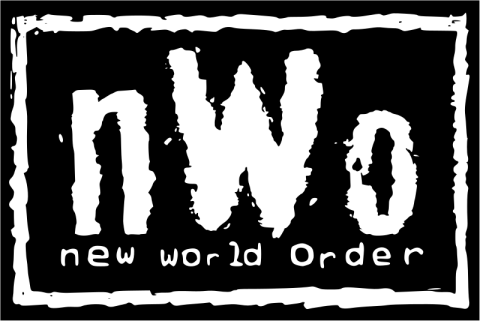Doug Casey on the End of the Nation-State

by Doug Casey
This essay will discuss the topic in detail. Especially how phyles are likely to replace the nation-state, one of mankind's worst inventions.
Now might be a good time to discuss the subject. We'll have an almost unremitting stream of bad news, on multiple fronts, for years to come. So it might be good to keep a hopeful prospect in mind.
Let's start by looking at where we've been. I trust you'll excuse my skating over all of human political history in a few paragraphs, but my object is to provide a framework for where we're going, rather than an anthropological monograph.
Mankind has, so far, gone through three main stages of political organization since Day One, say 200,000 years ago, when anatomically modern men started appearing. We can call them Tribes, Kingdoms, and Nation-States.
Karl Marx had a lot of things wrong, especially his moral philosophy. But one of the acute observations he made was that the means of production are perhaps the most important determinant of how a society is structured. Based on that, so far in history, only two really important things have happened: the Agricultural Revolution and the Industrial Revolution. Everything else is just a footnote.
Let's see how these things relate.
The Agricultural Revolution and the End of Tribes
In prehistoric times, the largest political/economic group was the tribe. In that man is a social creature, it was natural enough to be loyal to the tribe. It made sense. Almost everyone in the tribe was genetically related, and the group was essential for mutual survival in the wilderness. That made them the totality of people that counted in a person's life—except for "others" from alien tribes, who were in competition for scarce resources and might want to kill you for good measure.
Tribes tend to be natural meritocracies, with the smartest and the strongest assuming leadership. But they're also natural democracies, small enough that everyone can have a say on important issues. Tribes are small enough that everybody knows everyone else, and knows what their weak and strong points are. Everyone falls into a niche of marginal advantage, doing what they do best, simply because that's necessary to survive. Bad actors are ostracized or fail to wake up, in a pool of their own blood, some morning. Tribes are socially constraining but, considering the many faults of human nature, a natural and useful form of organization in a society with primitive technology.



























